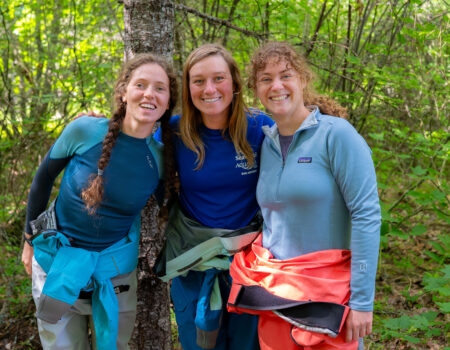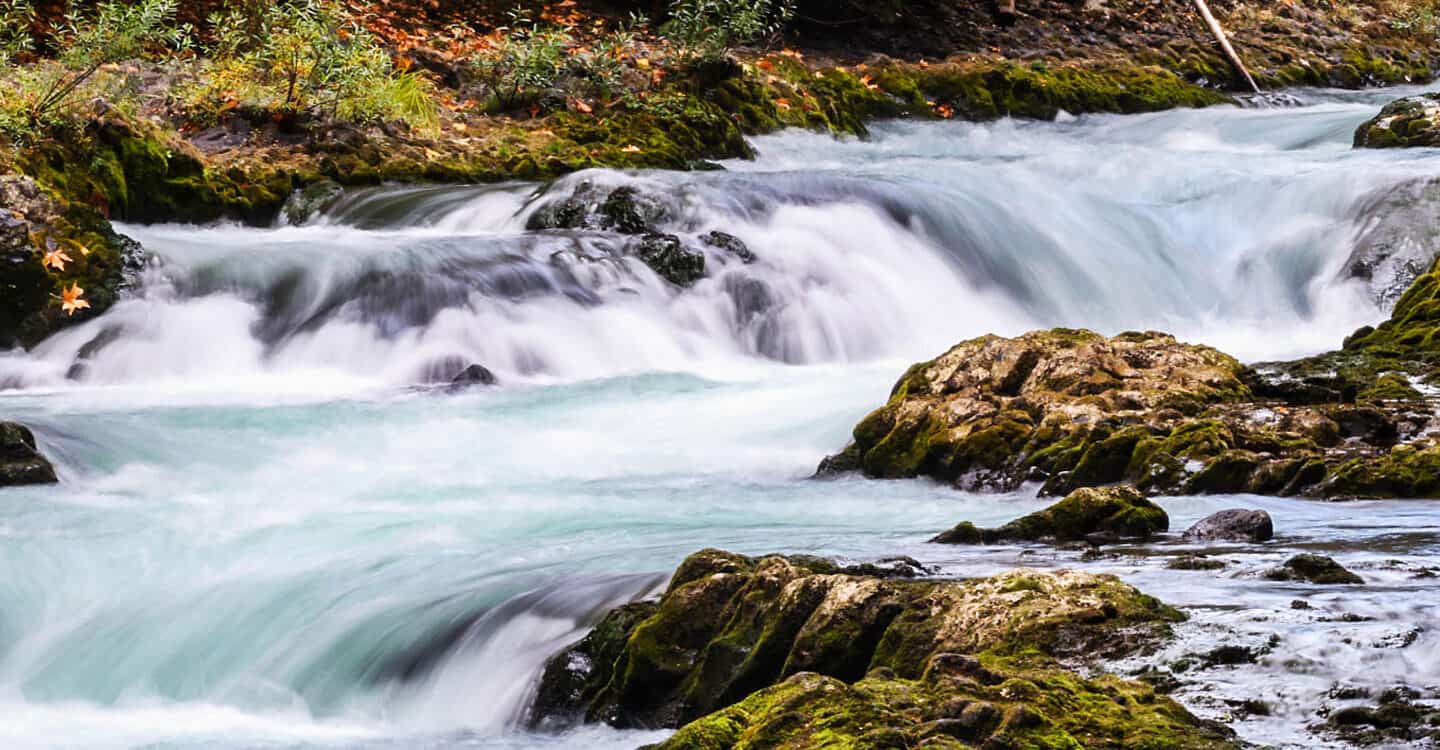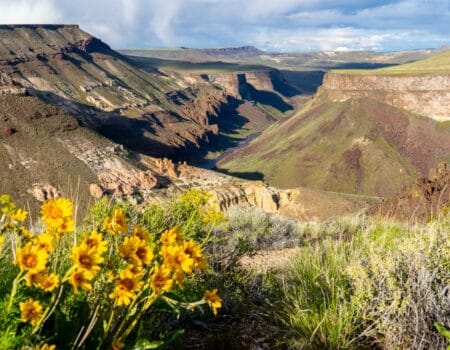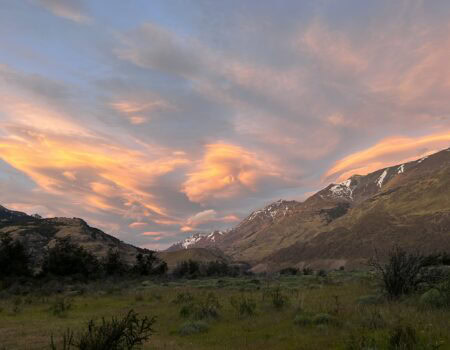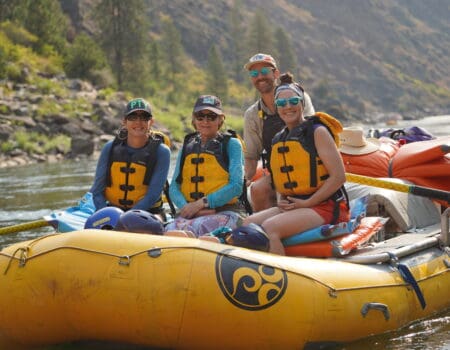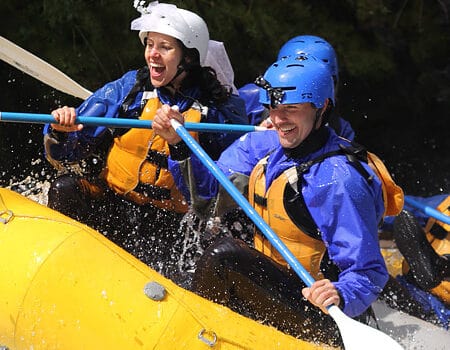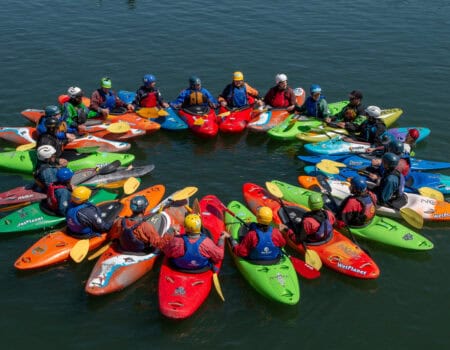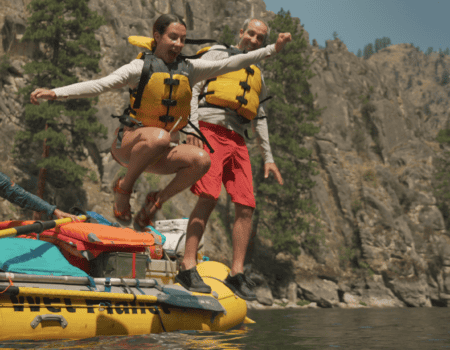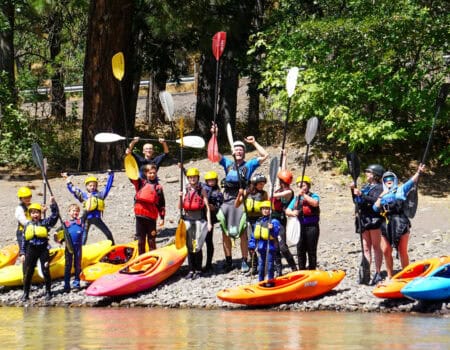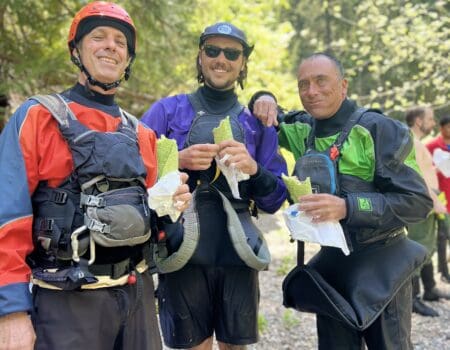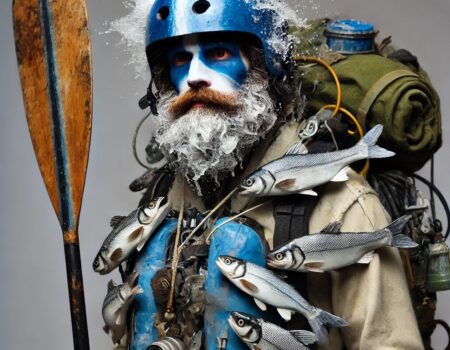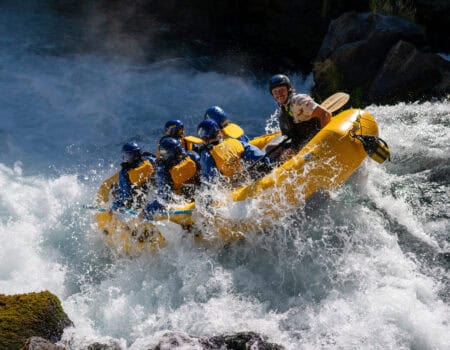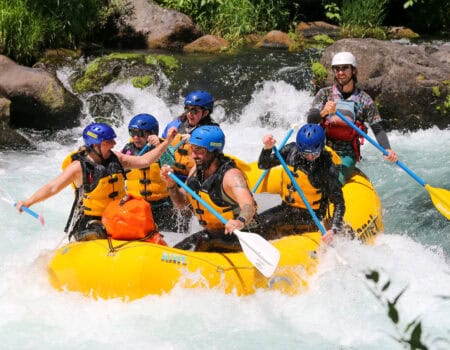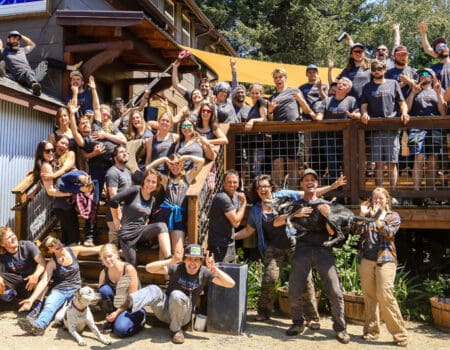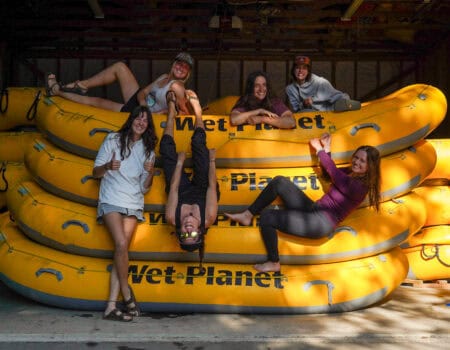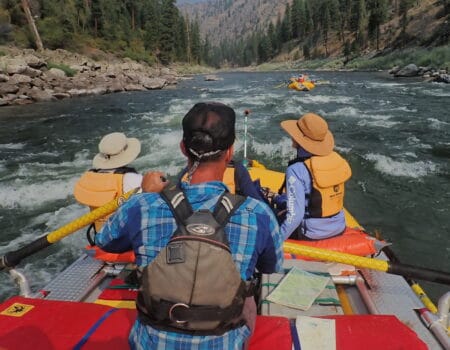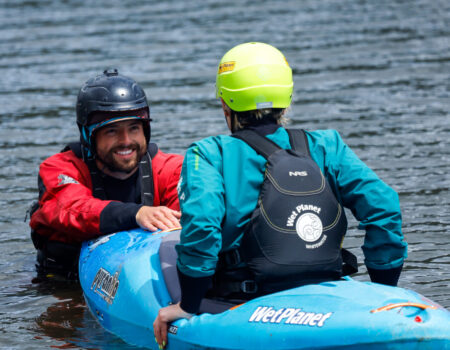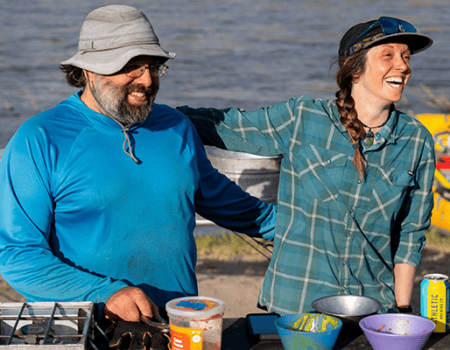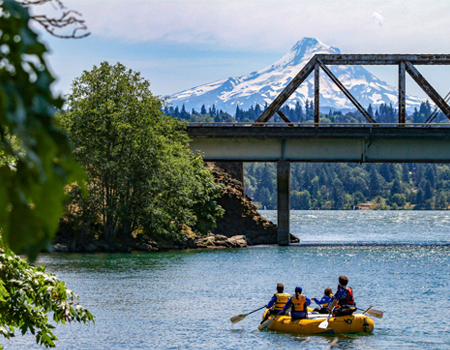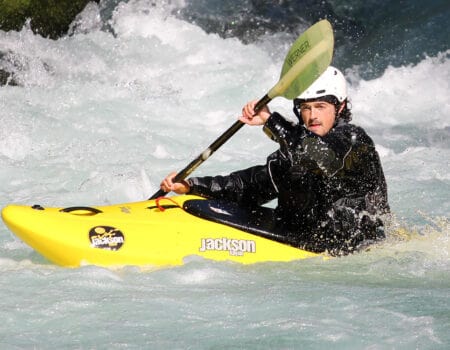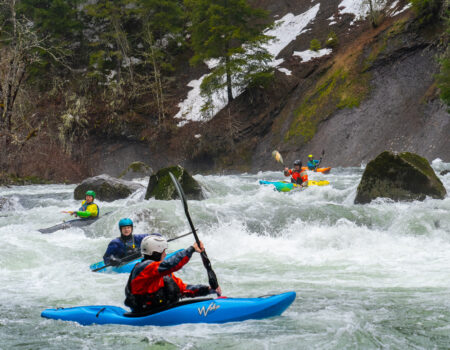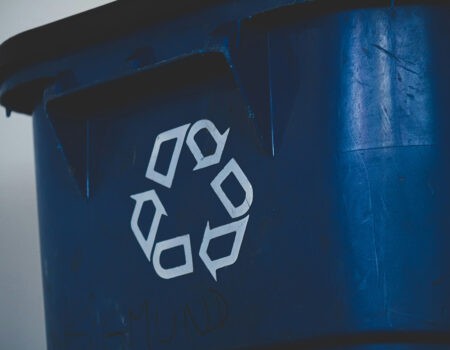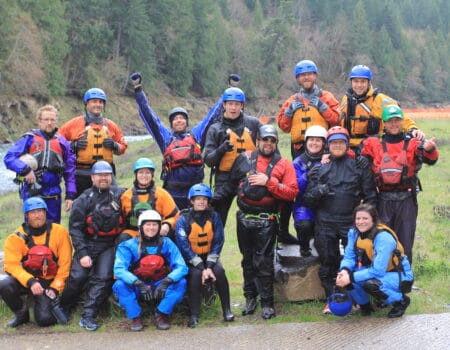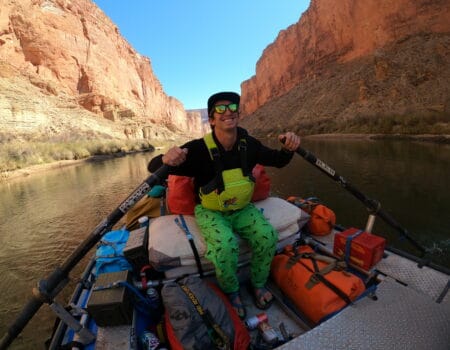The Eddy Line
THE WET PLANET BLOG
As we officially roll into summer, our staff has filled in and is swelling with camaraderie, fun-filled river days,...
Read More
July 2025 | Aleson Rietow
Many people think the whitewater season begins in the heat of summer, but prime time for rafting and kayaking...
Read More
March 2025 | Aleson Rietow
At Wet Planet, our guides don’t just hang up their paddles when the season ends. While some of our...
Read More
March 2025 | Aleson Rietow
Are you are planning to get out on the river with Wet Planet in April or May to raft,...
Read More
February 2025 | Aleson Rietow
The lazy days of summer are fast approaching (yes, even in winter, it’s never too early to dream), and...
Read More
January 2025 | Aleson Rietow
Looking for a unique and unforgettable wedding group activity? Whether you’re planning an adventurous bachelor or bachelorette party or...
Read More
January 2025 | Aleson Rietow
It is never too early (or too late) to start a new hobby. So why not begin your journey...
Read More
December 2024 | Madalyne Staab
Written by Leah Collins There’s really no feeling like when you set out on the raft into the gorgeous...
Read More
December 2024 | Aleson Rietow
By Lisa Conway Not long after the inception of the Wet Planet Kayak School in 2004, professional kayaker and...
Read More
December 2024 | Aleson Rietow
What we are grateful for? So many things, as we, each day feel fortunate to do what we do...
Read More
November 2024 | Madalyne Staab
Halloween is just around the bend, and if you’re anything like us, you’re probably looking for a costume that...
Read More
October 2024 | Aleson Rietow
While the end of the season is always bittersweet – tears were definitely shed as members of our team...
Read More
October 2024 | Madalyne Staab
September in the Columbia River Gorge is best described as all the fun with none of the summer crowds....
Read More
August 2024 | Aleson Rietow
Have you ever seen people winding down rivers or sliding through rapids in kayaks and wondered “How does someone...
Read More
August 2024 | Aleson Rietow
Please allow us to preface; celebrating the women of Wet Planet does not discount or take away from the...
Read More
July 2024 | Aleson Rietow
Embarking on a multi-day whitewater rafting adventure on the Main Salmon River provides an exciting opportunity to experience nature...
Read More
June 2024 | Aleson Rietow
Thanks to being surrounded by so many amazing rivers – from relaxing Class I all the way up to...
Read More
June 2024 | Madalyne Staab
While the main volume of trips Wet Planet runs are on the White Salmon River in Washington, we also...
Read More
June 2024 | Madalyne Staab
I don’t know about you, but my mama has always been, and still is, my biggest inspiration for my...
Read More
May 2024 | Aleson Rietow
Alex Taylor, joined the the Wet Planet Team in 2021. In the 2 years since we have come to...
Read More
March 2024 | Steve Merrow
With a fresh four feet of snow piling up high and the rafting season a month away, it’s a...
Read More
March 2024 | Steve Merrow
At Wet Planet, our love for adventure is rivaled only by our dedication to preserving the natural world that...
Read More
March 2024 | Kali Bennett
Any river lover remembers the magic of that first whitewater rafting trip well. We remember the anticipation, excitement, and...
Read More
February 2024 | Aleson Rietow
It was not hard for the Wet Planet spotlight to find Marcus Tarzian. Marcus quietly has made himself one...
Read More
February 2024 | Aleson Rietow
Top
